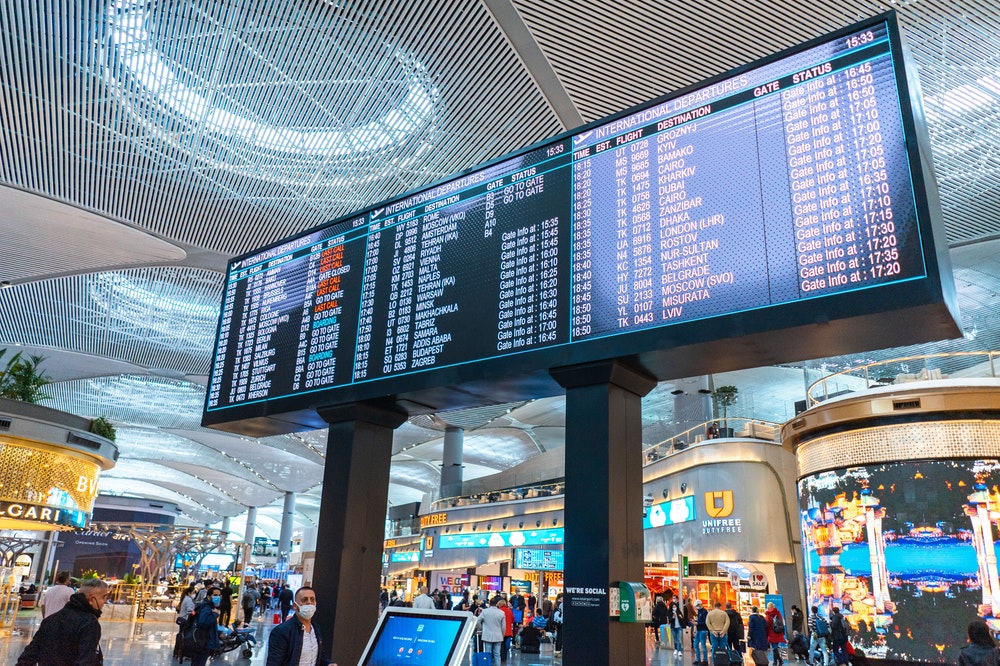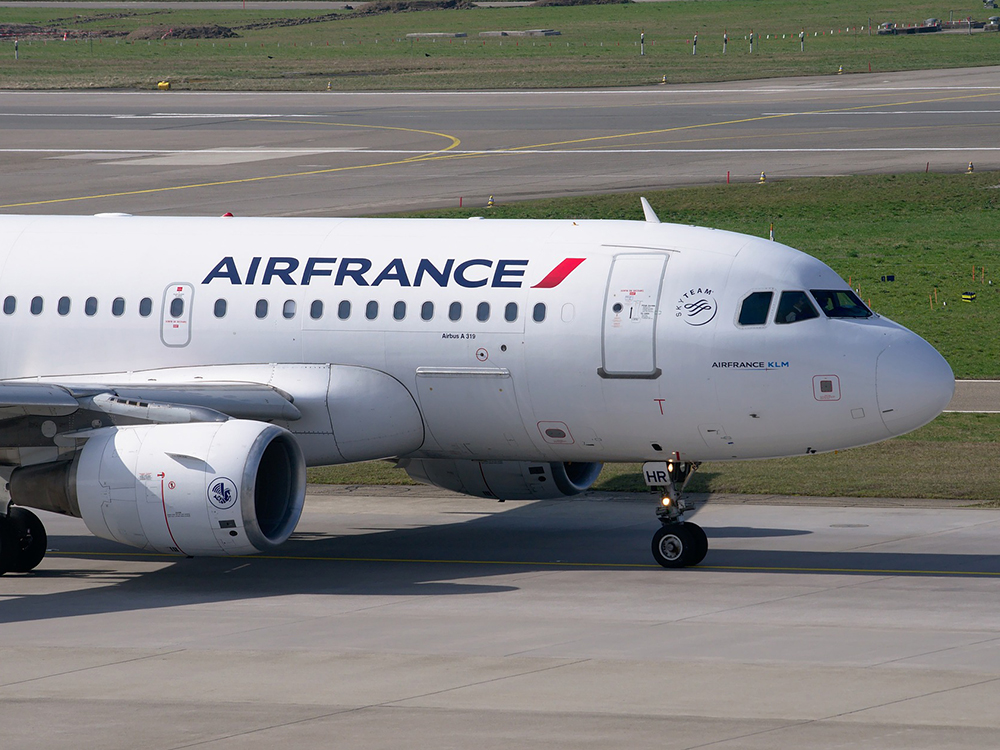Understanding the Montreal Convention and Regulation EC261.
When it comes to flying, few experiences can be as irritating as misplaced luggage or a last-minute flight cancellation. But were you aware that there are international regulations designed to safeguard you in such instances? Two of the most significant are the Montreal Convention and European Flight Compensation Regulation, EC261.
In this blog post, we’ll clarify the essential distinctions between these two laws so you can travel with confidence (and be informed about your options when issues arise).
Check your compensation online.
Key Differences Between the Montreal Convention and Regulation EC261
You will still want to read the whole article to better understand the rules, but regarding the differences, here are the main ones:
- The Montreal Convention (MC99) applies globally.
- Regulation EC261 applies only to flights departing from Europe (regardless of the airline) and to flights operated by European carriers.
- The Montreal Convention (MC99) addresses baggage handling, cargo, and passenger injuries.
- Conversely, EC261 helps you claim compensation for flight delays, cancellations, and overbookings. It does not cover baggage issues.
Continue reading to better understand your rights.
By Europe and EU here on this page (and on this website in general) we mean all EU Member States, the United Kingdom (UK), Guadeloupe, French Guiana, Martinique, Reunion, Mayotte, Saint Martin (French Antilles), the Azores, Madeira, the Canary Islands, Iceland, Norway, and Switzerland.
Introduction to Air Passenger Rights for Traveling with Air France
When you’re in a hurry to make a flight or dealing with a sudden delay, the complexities of international aviation law are often the last thing on your mind. Nevertheless, understanding your rights can significantly ease the burden during stressful moments.
The Montreal Convention and Regulation EC261 are in place to provide protections, but they cater to distinct needs and address different situations.
Why These Rules Matter?
Familiarizing yourself with these regulations can empower you to seek compensation and obtain the support you require. Whether it concerns a case of delayed luggage or a delayed flight, being knowledgeable can save you time, money, and considerable frustration. Let’s explore what each category of rules means and how they can assist you.
A quick note before we start – we’ll focus solely on the most important aspects. First and foremost, this article is designed for travellers looking to better understand their rights when flying with Air France and other carriers in Europe (not intended for legal experts who require detailed insights on all the intricate legal nuances).
The Basics of the Montreal Convention
What Is the Montreal Convention?
The Montreal Convention is governed by a comprehensive framework of regulations adopted to streamline and enhance air travel for passengers. These policies primarily focus on ensuring the safety of travellers, managing baggage efficiently, and overseeing cargo operations.
Key Elements
The Montreal Convention covers:
- Baggage loss and damage. Airlines are liable for lost, damaged, or delayed luggage. Due to this regulation, you are entitled to compensation for lost baggage, damaged baggage and delayed baggage.
- Passenger injury. The convention specifies the compensation airlines need to provide in the event of passenger injury or death.
- Worldwide coverage. In contrast to the EC261, the Montreal Convention is applicable worldwide and encompasses a broader range of airlines than the European regulation.
See the full document.
How Can You Get Compensation?
Most flight compensation firms don’t deal with claims for baggage issues or compensation for injury or death.
You must reach out to Air France directly.
You need to submit the claim on your own.
Visit airfrance.com to find out more about the specific guidelines.
Importance of the Montreal Convention
This law is important as it establishes uniform air passenger rights across various nations, simplifying the process for travellers to understand their entitlements, regardless of their flight’s origin.
It doesn’t matter if you are departing from or flying to Europe, nor whether it’s an airline based in Europe or not – you could still be protected under this legislation.
Check your compensation online.

The Basics of Regulation EC261
What Is Regulation EC261?
EC261 is a regulation by the European Union that protects passenger rights during flight disruptions. It was set up in 2004 and covers all European airlines, as well as some non-European airline flights.
When departing from a European airport – the airline does not matter.
When departing from outside Europe and flying to a European airport – it must be a European airline.
Flights that operate between two non-European airports (where both the origin and destination are outside Europe) are not covered by Regulation EC261.
Key Elements of EC261 Regulation
EC261 provides compensation and assistance for:
- Flight delays. Financial compensation can be obtained for delays exceeding three hours.
- Flight cancellations. If your flight is cancelled less than 14 days before departure, you may be entitled to compensation from Air France (and other airlines).
- Denied boarding. If you were denied boarding due to overbooking, you have the right to seek compensation from the airline.
In all these cases, flight disruption must be the airline’s fault for you to be eligible for compensation.
In all these instances, you may also have a right to care.
How Can You Get EU Flight Compensation?
To obtain compensation from Air France (it’s a EU flight compensation), you typically have two key options – handling this process yourself or enlisting the help of a flight compensation service. Each choice has its advantages and disadvantages, so it’s important to evaluate them thoroughly before making a decision.
- If you opt to navigate the compensation process on your own, be aware that this can be a lengthy process, sometimes stretching over several months. In summary, this method can be quite time-consuming and challenging for those unfamiliar with aviation regulations and legal terminology. Conversely, you have the potential to receive the full compensation if you are successful.
- Alternatively, you can collaborate with a flight compensation service. While this option involves fees, it can greatly reduce the stress and complications of seeking compensation on your own. These services have the expertise to work with airlines and navigate the complex procedures for filing claims for flight delays or cancellations.
Why EC261 Regulation Is Important?
EC261 Regulation is an extremely important measure for protecting the rights of air passengers.
One of the main reasons why EC261 Regulation is important is because it ensures that airlines are responsible for any disruptions or inconveniences experienced by passengers during their travels. This includes flight delays, cancellations, denied boarding, and lost or damaged luggage. Prior to the implementation of this regulation, airlines were not always held accountable for these issues and passengers had little recourse.
Furthermore, EC261 Regulation also sets out clear rules and guidelines for compensating passengers who have been affected by these disruptions. This ensures that passengers are fairly compensated for any inconvenience caused by the airline’s actions or operational failures. This compensation can range from monetary compensation to alternative transportation arrangements and even meals and accommodations if necessary.
In addition, this regulation also promotes transparency in the airline industry by requiring airlines to inform passengers about their rights in case of travel disruptions. This allows passengers to be aware of their entitlements and hold airlines accountable if they fail to comply with these regulations.
Check your compensation online.

Featured photo by Pexels
